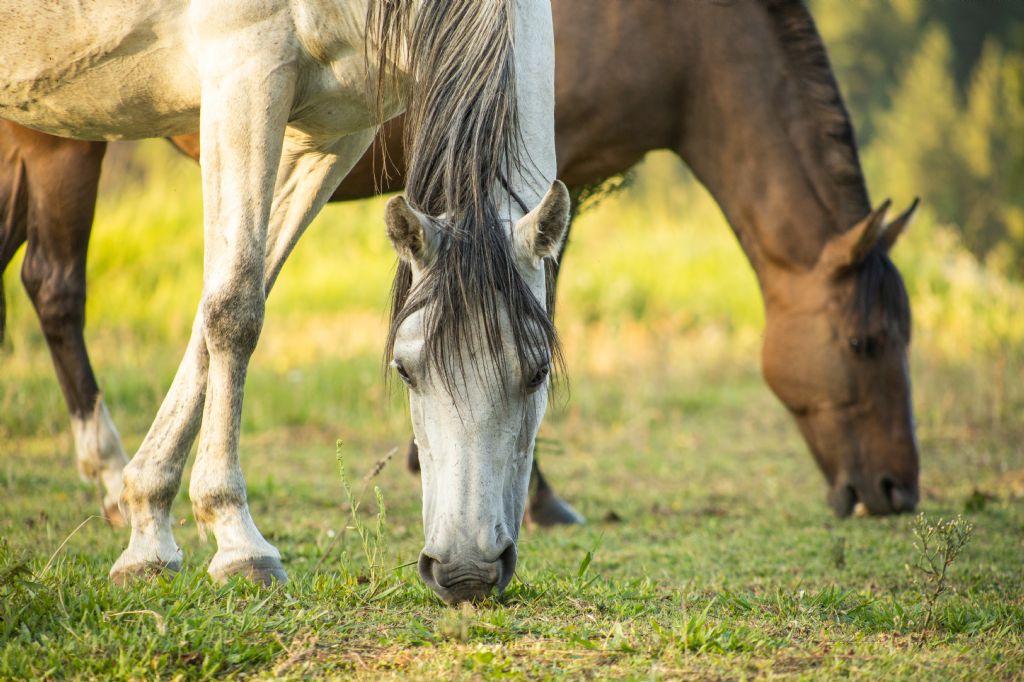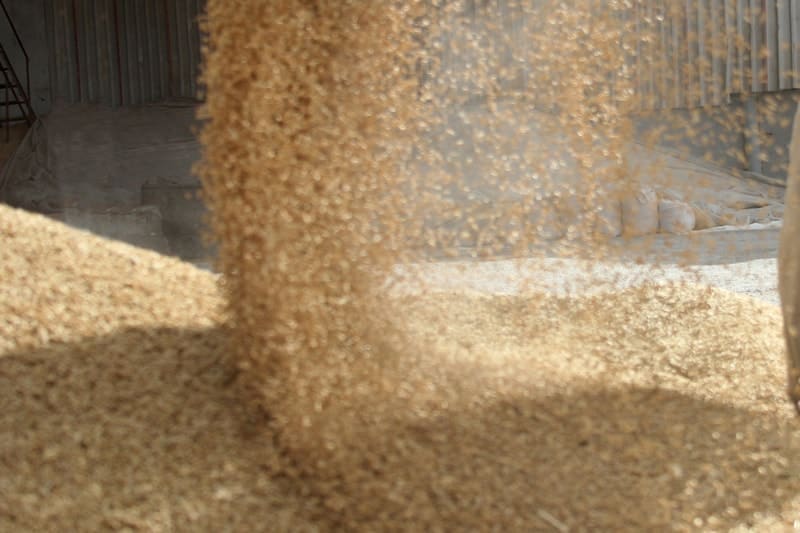Bluegrass News
Turmeric is a popular additive to human and animal feed, growing in popularity in equine supplements targeting joint and gastric health. The bright coloured spice comes from a root plant known as curcuma longa. The compound responsible for the health benefits associated with feeding turmeric is from Curcumin. It is a natural occurring polyphenolic compound found within turmeric spice.
There is a lot of research on human health associated with curcumin and laboratory evidence based on equine studies. However; research is developing and there is a wealth of anecdotal reports on the benefits of curcumin for equine health related issues, including osteoarthritis, anti-oxidant properties and anti-inflammatory effects.
Equine Studies on Curcumin
Owen, S. 2018 – Dietary turmeric reduces inflammation and improves mood and mobility in horses with fetlock joint inflammation.
Six horses reported a decrease in fetlock inflammation and mood improvement when fed curcumin.
D. Marlin et al. 2017 – Owner reported experiences feeding turmeric
- The most common condition turmeric was fed to target was for stiffness and arthritis.
- The most common adverse effect was reported as loose droppings.
- 56% of respondents reported turmeric highly effective for stiffness and arthritis.
A. Clutterbuck et al. 2009 – Interlukin -1β- induced extracellular matric degradation and glycosaminoglycan release is inhibited by curcumin in an explant model of cartilage inflammation.
- A laboratory evidence-based study on curcumin inflammatory properties
- In relation to osteoarthritis in equines, the study found that curcumin can reduce the increased production of matric metalloproteinases – proteins responsible for breaking down cartilage. There was a decrease the production of the pro-inflammatory molecule Cox-2 (cyclo – oxygenase – 2) and minimise the death of cartilage cells.
Bio-availability of Curcumin
There are several additives to turmeric the are proposed to increase the bioavailability for longer circulation, improve resistance to metabolic processes and increase permeation to cellular level.
Oil – Curcumin is dissolved in the oil before ingestion to bypass the metabolic enzymes. This does not alter the structure but allows curcumin to be directly absorbed into the lymphatic system.
Black Pepper – The alkaloid responsible for the pungency of black pepper, it inhibits hepatic and intestinal glucuronidation of curcumin. A study on humans showed a 2000% bioavailability increase when black pepper was added, however in rats 154% was reported. It is interesting to note that there is limited research to confirm is black pepper facilitates the bioavailability in dogs and herbivorous.
Bluegrass Turmash
Bluegrass Horse Feed conditioning mash, Turmash, is a high oil, high fibre, cereal free mash fortified in Turmeric. The linseed oil helps with the bioavailability of the curcumin in the horse along with improving condition and topline.
How much turmeric is in Bluegrass Turmash?
2kg (dry weight) of Bluegrass Turmash contains 25,000mg of turmeric which contains a minimum of 635mg of curcumin
Turmash can;
- Aid seniors with worn or missing teeth
- Promote weight gain
- Promote gastrointestinal health
- Increase fibre content of the diet
- Aid joint health and recovery












